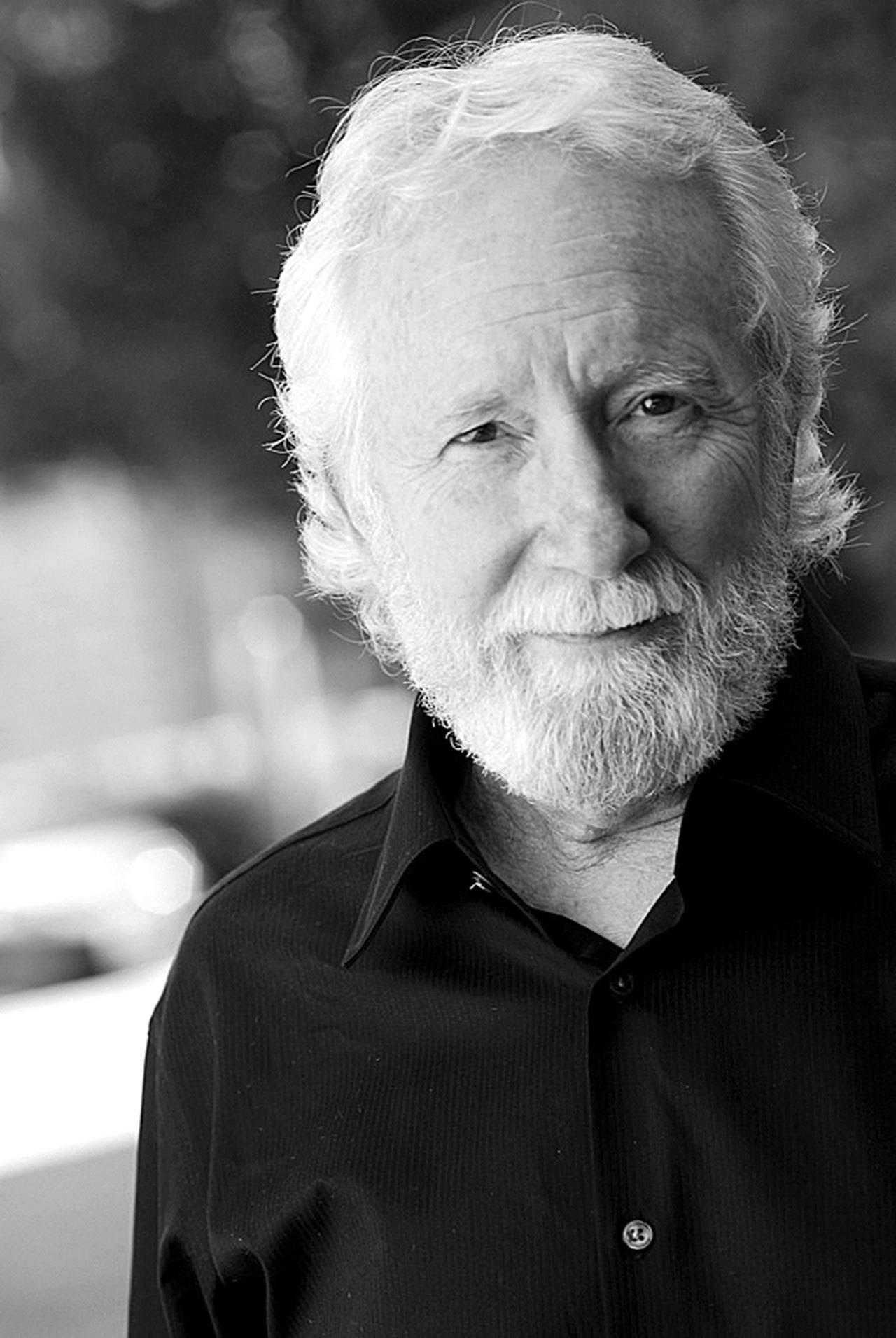Police brutality has made news across the country, causing public outcry and calling for reform. Norm Stamper, former Seattle police chief provides solutions in his recent book “To Protect and Serve: How to Fix America’s Police.”
“For poor minority neighborhoods, this is not new,” Stamper said, discussing the book, which he will read at 7 p.m., Jan. 25, at the San Juan Island Library, for free. The event is co-sponsored by Griffin Bay Books.
According to Stamper, as he began writing “To Protect and Serve,” an African-American friend pulled him aside to tell Stamper that for generations African American parents have had “the talk” with their children. This talk isn’t the awkward birds and bees talk, but is deadly serious, and one white middle-class families have rarely thought about; how to behave around police officers. The discussion about “the talk” is recounted in “To Protect and Serve,” illustrating how minority communities have always dealt with police aggression.
Modern technology has made it possible to document officers shooting civilians in the back, planting evidence and acting violent and callously. By going viral and making the news, these instances show the public what these neighborhoods live with.
“If we want to see fewer incidences of inappropriate police behavior, we need to look at the structure of the institution,” said Stamper, explaining that the problem has never been a case of a few bad apples; the whole barrel is poorly designed, which has a way of producing bad apples. The para-militarization of police forces, according to Stamper, fosters an atmosphere where the quantity, as in how many tickets and arrests were made, is valued over quality, as in how each situation was handled. Para-militarization has also led to such behaviors as the “code of silence,” a term used to describe the rule that officers never turn in, or tell on, fellow officers.
The situation is not hopeless. Stamper outlines three major fixes America needs to take for serious police reform in his book. First is to end the drug war.
“It has caused far more harm than good,” Stamper said, noting it has cost taxpayers more than a trillion dollars, and drugs are more potent and more readily available now than they were before.
“The evidence is clear; 80 percent of the public agree the drug war has failed,” he said.
The second fix is to set and enforce a national standard for policing. There are about 18,000 U.S. police agencies, according to Stamper, and while they all are bound by the Constitution there are no national standards in regards to issues like stop-and-frisk or use-of-force.
“In effect,” Stamper explains, “any agency or individual that meets those standards would be licensed while those that refuse to play by the rules would lose their license.”
Stamper’s third fix involves the public.
“I propose … a fundamentally new way for police to operate, in full partnership with the citizenry, under a transformed role of the federal government, and in a manner that would make today’s calm, disciplined professionals of the cop world the norm, not the exception,” Stamper writes in his book.
“We must embrace a citizen-driven police,” he said, explaining that communities and the police need to work together as partners.
There would not be a one-size-fits-all model for how these partnerships work. An urban agency, according to Stamper, like the New York City Police Department, would look very different from a rural San Juan County police department model, partially due to the size difference, but also because issues vary by jurisdiction. Similarities include citizen input in regards to training, creating programs and even reviewing officer conduct. The result would be a tighter bond and trust between the public and police, making the officer’s job easier and communities safer.
Stamper admits the kind of reform he is suggesting won’t be easy. He said it will take a well organized, mobilized citizenry to enact these reforms, on par with the Civil Rights Movement, and it won’t happen overnight.
“Citizens must demand a seat at the table,” Stamper said. “They must lead, just as they have been doing, state by state in legalizing marijuana.”
Visit normstamper.com for more information about his books.



